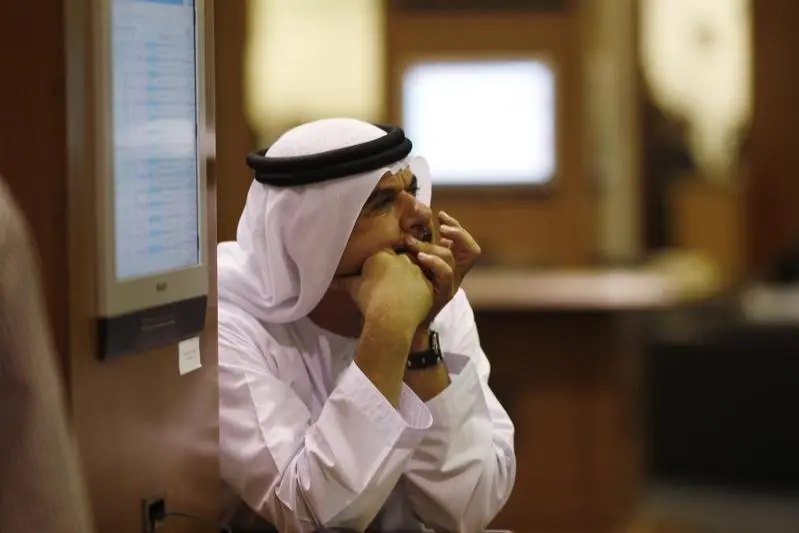PHOTO
Dubai and Abu Dhabi markets ended higher on Thursday and delivered gains over the week, lifted by hopes a faster economic recovery with the development and rollout of COVID-19 vaccines.
Britain began vaccinations this week, while the United States could start as soon as this weekend. Canada said initial vaccine shots would be delivered soon.
Riding the optimism, oil prices, a key catalyst for Gulf markets, have risen consistently in the past six weeks, with the Brent crude LCOc1 moving above $49 a barrel
Dubai's main share index gained 0.3%, helped by a 1.5% rise in Dubai Islamic Bank and a 3.3% gain in Union Properties. The Dubai benchmark index registered a 5.3% gain for the week.
In Abu Dhabi, the index closed 0.6% higher, with the United Arab Emirates' largest lender First Abu Dhabi Bank FAB.AD rising 0.6% and Abu Dhabi Commercial Bank gaining 1.8%.
The index bounced back from a lose the previous week to close up almost 3% this week.
Saudi Arabia's benchmark index eased 0.2%, with Al-Rajhi Bank slipping 0.5%. The index posted a 0.4% weekly loss.
Health authorities in Saudi Arabia have registered the Pfizer-BioNTech COVID-19 vaccine for import and use in the country, state news agency SPA said on Thursday.
Elsewhere, the Qatari index fell 0.7%, weighed down by a 2.4% fall in petrochemical firm Industries Qatar.
Qatar set a 2021 budget of 194.7 billion riyals ($53.5 billion), a 7.5% cut in spending from 2020 and forecast a deficit of 34.6 billion riyals next year on lower revenues.
Outside the Gulf, Egypt's blue-chip index lost 0.3%. El Sewedy Electric Co eased 2.6%, while real estate stock Heliopolis fell nearly 5%.
Egypt's annual urban consumer price inflation in November quickened to 5.7% from 4.5% in October, official statistics agency CAPMAS said, driven by the price of food.
(Reporting by Aby Jose Koilparambil in Bengaluru; Editing by Edmund Blair) ((abyjose.koilparambil@thomsonreuters.com; +91 (0)8061822683;))





















